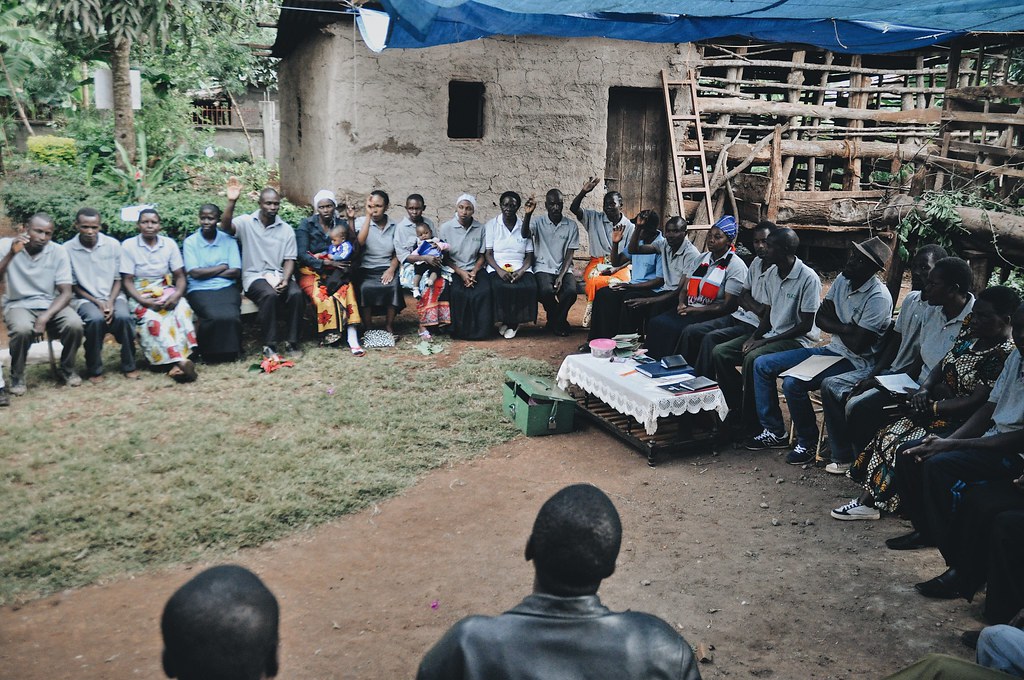
VICOBA: Community banks’ potential to improve housing, eliminate diseases

The Village Community Banks (VICOBA) have great potential to improve housing conditions and thereby help to sustainably combat malaria and other mosquito-borne diseases in rural Tanzania; scientists say in their latest study.
The study, conducted by Ifakara Health Institute scientists, have revealed that VICOBA, which empowers local communities economically can also drive housing improvements and consequently, eliminate diseases.
“There is a need for complementary interventions. House improvement provides a novel option since the transmission of malaria and several other mosquito-borne diseases predominantly occurs indoors.
“It has been proven that when houses are fully screened…can provide full protection against mosquito bites,” write the scientists in their paper published on the PLOS Global Public Health journal on November 3, 2023.
VICOBA system as a tool
Led by Ifakara scientists, Winfrida Mponzi and Emmanuel Kaindoa with contributions from Dickson Msaky and Peter Binyaruka also from Ifakara, the study underlines the importance of using VICOBA as a means to bring about essential improvements in housing infrastructure within rural settings where many communities live in substandard houses that allow mosquitoes indoors, therefore increasing the risk of malaria transmission.
“Our study explored the need, opinion, and willingness of VICOBA members to use VICOBA platforms as a source of finance for improving local houses and eventually controlling mosquito-borne diseases,” write the scientists.
For nearly two decades, many Tanzanians have been using the VICOBA system, which provides financial services such as loans and savings for business development and personal needs. Overall, VICOBAs are designed to support group members in rural communities who need financial services that they would otherwise not be able to get from formal financial institutions.
The study, conducted in 2021, involved 246 VICOBA members from 27 VICOBA groups chosen from three villages in the Ulanga district, Morogoro region, namely Kivukoni, Minepa, and Mavimba. Of these participants, 69% were women, and 31% were men.
The participants recognized the link between their housing conditions and mosquito-related health problems, with some community members admitting to using VICOBA loans for house construction, highlighting the feasibility of using VICOBA funds for regular housing improvement.
Addressing gaps in awareness
However, the study also revealed a notable gap in community awareness regarding the use of VICOBA for health-related interventions, such as house improvements for mosquito control; the scientists report.
To bridge this awareness gap and maximize the impact of VICOBA, the scientists recommend a collaborative approach involving key stakeholders. The approach would include engaging relevant government ministries, such as the Ministry of Health, the Ministry of Land, Housing, and Settlement, the Ministry of Industry, and the Ministry of Finance, along with researchers and community members to “harmonize” the idea of house improvement for mosquito-borne disease control.
Read the full publication here: https://www.ncbi.nlm.nih.gov/pmc/articles/PMC10624283/
